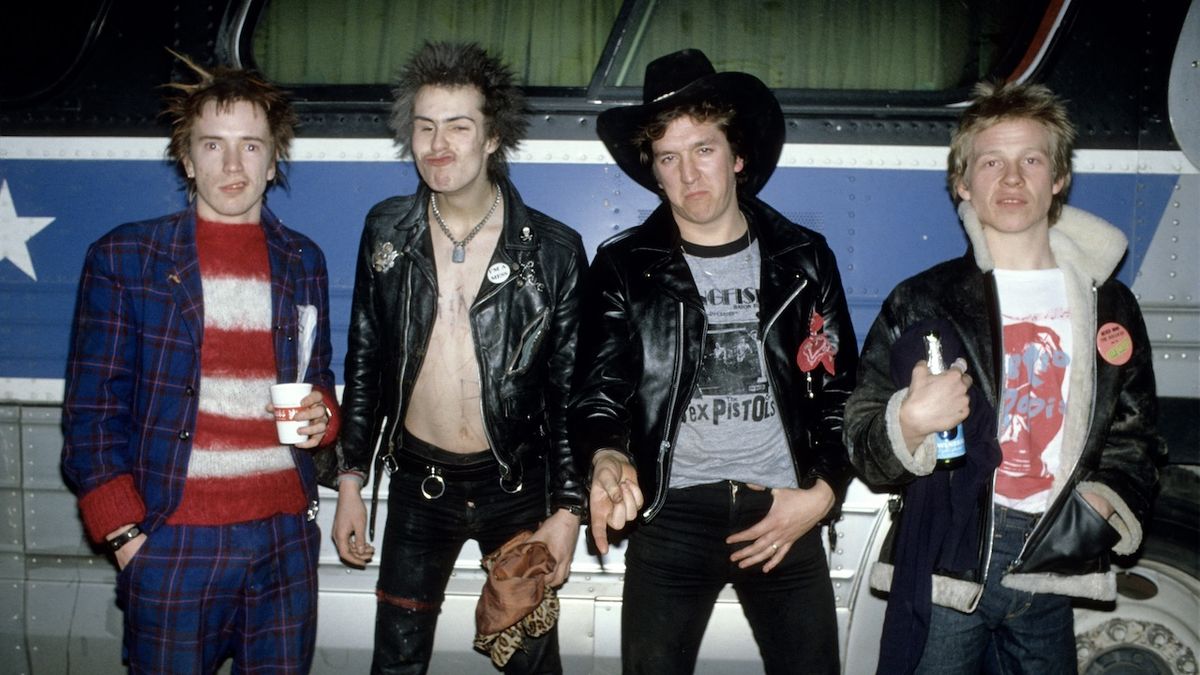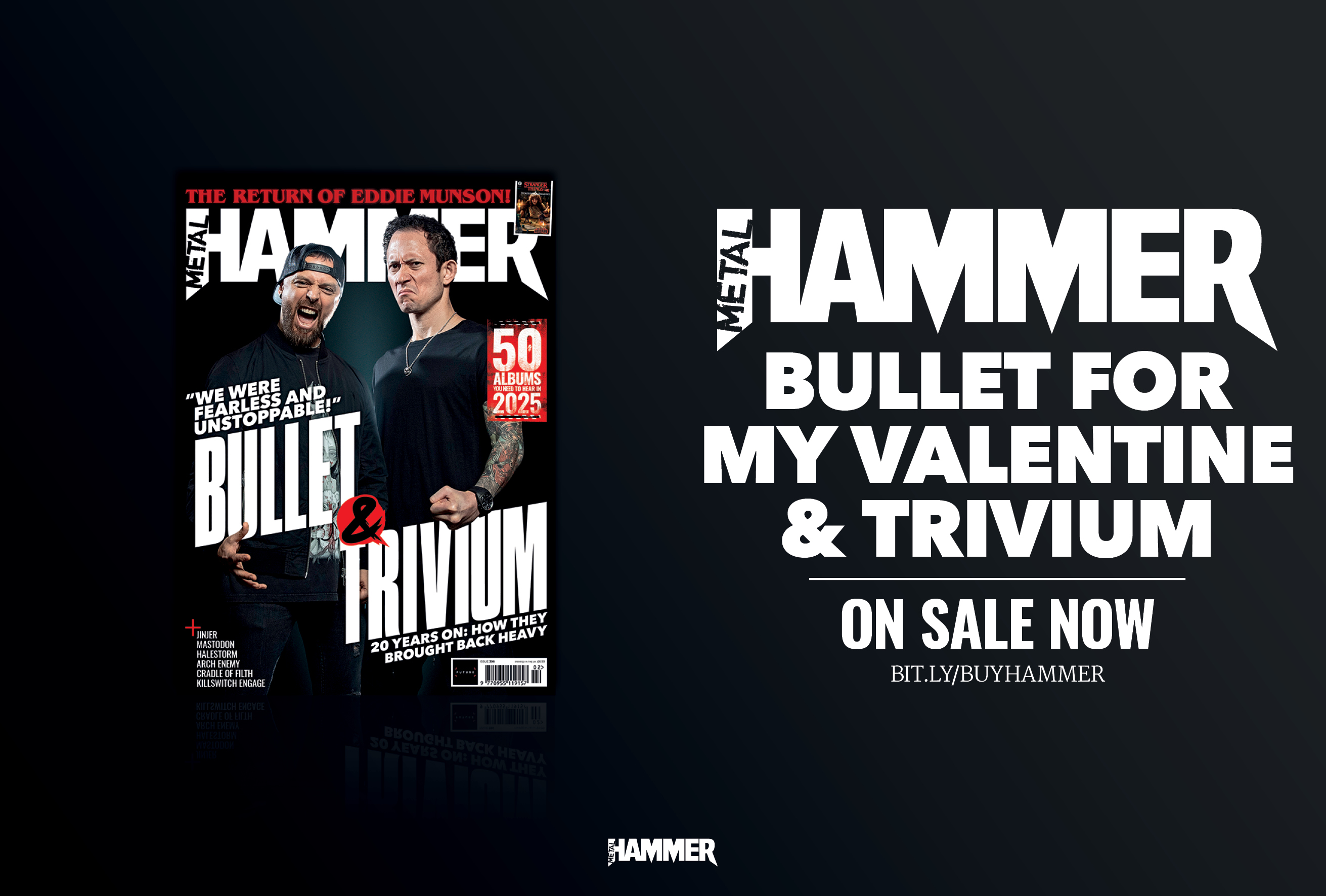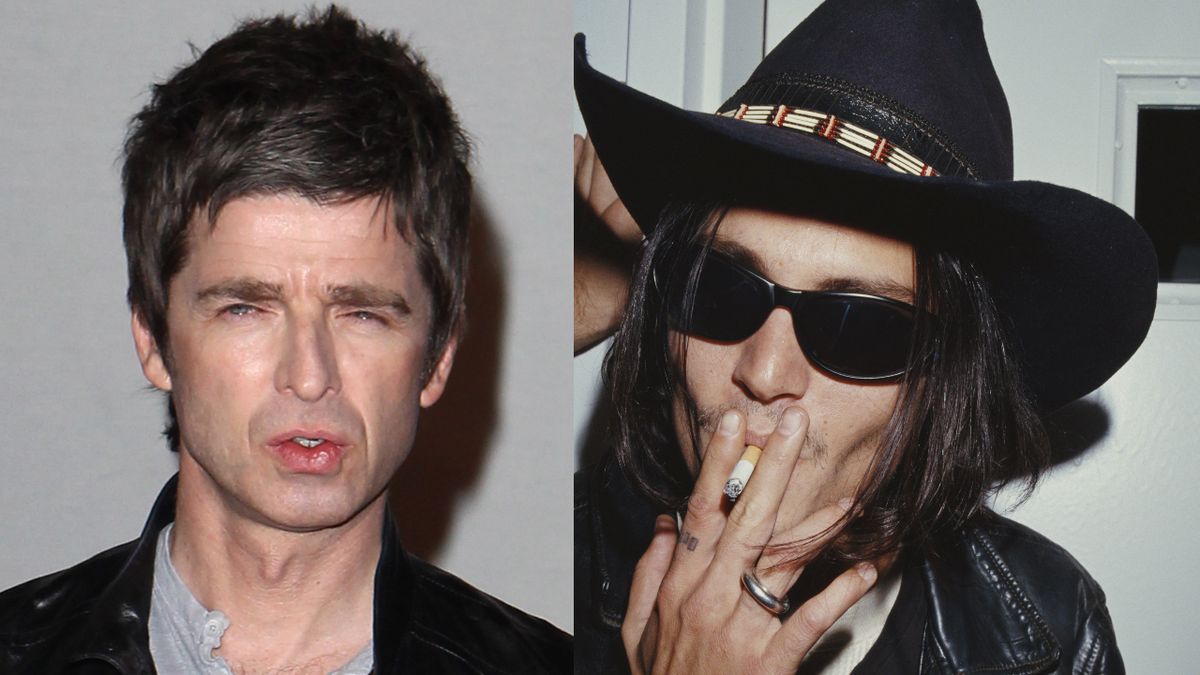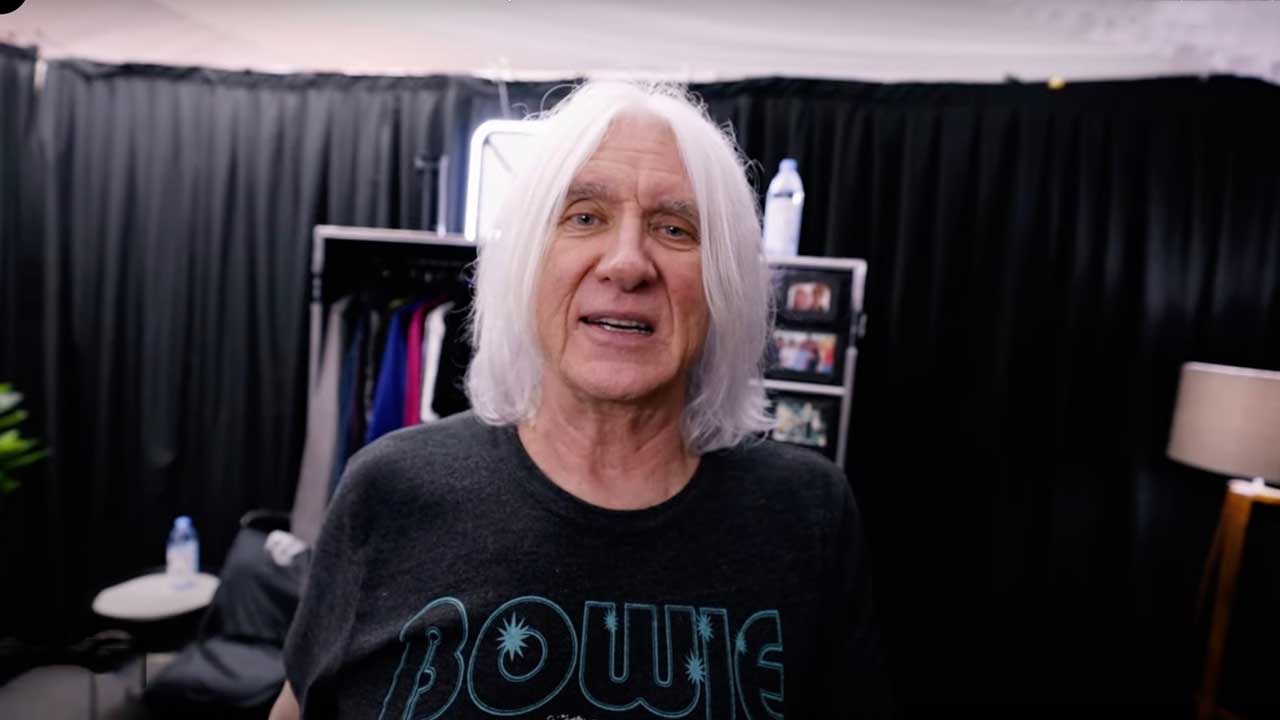
Feature Photo: mojo-jo-joUploaded by ChrisB at en.wikipedia, CC BY 2.0
Foo Fighters emerged from the ashes of tragedy to become one of the most enduring rock bands of the modern era. Founded by Dave Grohl in Seattle, Washington, in 1994, the band began as a solo project after the disbandment of Nirvana following Kurt Cobain’s death. Grohl, known for his drumming in Nirvana, surprised the music world by stepping into the spotlight as a vocalist, guitarist, and songwriter. What started as a cathartic creative outlet evolved into a full-fledged band, with the original lineup including Grohl, bassist Nate Mendel, drummer William Goldsmith, and guitarist Pat Smear.
The group’s eponymous debut album, Foo Fighters (1995), was recorded entirely by Grohl, who played all the instruments and wrote all the songs. This raw, energetic record featured tracks like “This Is a Call” and “Big Me,” signaling the arrival of a distinctive new voice in rock music. However, the lineup soon experienced changes as Goldsmith departed during the recording of their second album, The Colour and the Shape (1997), citing creative differences. Taylor Hawkins, formerly a drummer for Alanis Morissette, joined the band, along with guitarist Franz Stahl, though Stahl’s tenure was short-lived. Pat Smear also left the band temporarily but later returned, solidifying the group’s classic lineup with Chris Shiflett on lead guitar.
The release of The Colour and the Shape marked a significant turning point for Foo Fighters. The album, produced by Gil Norton, delivered enduring hits like “Everlong,” “Monkey Wrench,” and “My Hero,” blending introspective lyrics with anthemic rock melodies. It achieved multi-platinum status and cemented the band’s place in mainstream rock. Subsequent albums like There Is Nothing Left to Lose (1999) and One by One (2002) showcased their ability to evolve while maintaining their identity. Tracks like “Learn to Fly” and “All My Life” further expanded their reach, earning critical and commercial acclaim.
Foo Fighters have released eleven studio albums to date, including In Your Honor (2005), Wasting Light (2011), and Medicine at Midnight (2021). Each record reflects their willingness to experiment while staying true to their roots. Wasting Light, produced by Butch Vig and recorded entirely on analog tape, marked a creative high point, with tracks like “Rope” and “Walk” winning Grammy Awards. Their double album, In Your Honor, demonstrated their versatility by pairing acoustic and electric tracks, while Concrete and Gold (2017) showcased a collaboration with pop producer Greg Kurstin, resulting in hits like “Run.”
The band’s accolades are as impressive as their discography. Foo Fighters have won 15 Grammy Awards, including multiple wins for Best Rock Album and Best Rock Performance. They were inducted into the Rock and Roll Hall of Fame in 2021 during their first year of eligibility, solidifying their legacy as one of the most influential bands of their time. Their live performances, known for their energy and connection with fans, have made them a staple at major festivals and arenas worldwide.
Beyond their music, Foo Fighters have made significant contributions outside the studio. Dave Grohl has been involved in numerous projects, including directing the acclaimed documentary Sound City (2013) and the HBO series Sonic Highways (2014), which explored the musical history of different American cities. The band has also been active in philanthropy, supporting organizations like the Sweet Relief Musicians Fund and aiding disaster relief efforts.
Tragedy struck the band in 2022 with the untimely passing of Taylor Hawkins, a loss that reverberated throughout the music world. Despite this, Foo Fighters have continued to honor Hawkins’ legacy, showcasing their resilience and dedication to their craft. Their ability to navigate personal and professional challenges has earned them a devoted fanbase and enduring respect within the industry.
Foo Fighters’ blend of heartfelt songwriting, innovative production, and electrifying performances has made them a cornerstone of modern rock. Their journey, from Grohl’s solo endeavor to an internationally celebrated band, reflects their commitment to creativity, collaboration, and the unifying power of music.
Check out our fantastic and entertaining Foo Fighters articles, detailing in-depth the band’s albums, songs, band members, and more…all on ClassicRockHistory.com
Complete List Of Foo Fighters Current And Former Band Members
Top 10 Foo Fighters Songs
10 Biggest Foo Fighters Hits
Rock Drummer Taylor Hawkins Of The Foo Fighters Dead at 50
Complete List Of Foo Fighters Albums And Songs
Jane’s Addiction/Foo Fighters Supergroup NHC Drops New Singles
Foo Fighters Tear The Roof of Rock And Roll Hall Of Fame 2021
Foo Fighters Rocking Performance of Band on the Run
Complete List Of Nirvana Songs From A to Z
Complete List Of Nirvana Band Members
Top 10 Nirvana Songs
Read More: Artists’ Interviews Directory At ClassicRockHistory.com
Read More: Classic Rock Bands List And Directory
Complete List Of Foo Fighters Songs From A to Z article published on Classic RockHistory.com© 2025













